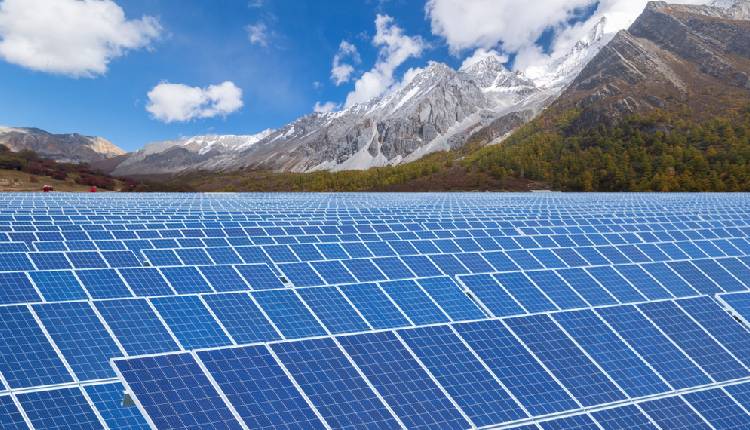Amidst the aftermath of the Ukraine war and reduced Russian fossil fuel exports to Germany, Berlin has enacted legislation aimed at accelerating the expansion of solar power, part of a broader strategy to achieve 80 per cent renewable energy by 2030.
Encouraged by a feed-in tariff offering guaranteed prices to renewable energy producers and the falling costs of solar panels, German businesses are increasingly adopting solar energy to counter high electricity costs.
Despite Germany leading Europe in solar and wind power capacity, small and medium-sized enterprises continue to face challenges due to high grid fees and taxes. Generating their own solar power enables them to circumvent these expenses.
According to the BDEW utilities association, companies consumed approximately 69 per cent of Germany’s national electricity in 2023.
“As electricity prices in Germany remain stubbornly high, companies are increasingly realising the economic benefits of installing solar panels,” commented Marie-Theres Husken, an energy expert at the BVMW association for small and medium-sized enterprises.
Data from the BSW solar power association shows that newly installed photovoltaic capacity on commercial rooftops surged by 81 per cent year-on-year in the first four months of the year, contrasting with a mere 1 per cent growth in the residential sector.
A May survey conducted by YouGov revealed that more than half of German companies with suitable roofs intend to implement solar power systems within the next three years. The BVMW predicts that nearly all manufacturing firms in Germany will adopt solar energy by 2030.
Responding to escalating demand, Enpal, Germany’s largest residential solar power developer, announced in April its expansion into the commercial sector.
Attribution: Reuters.


